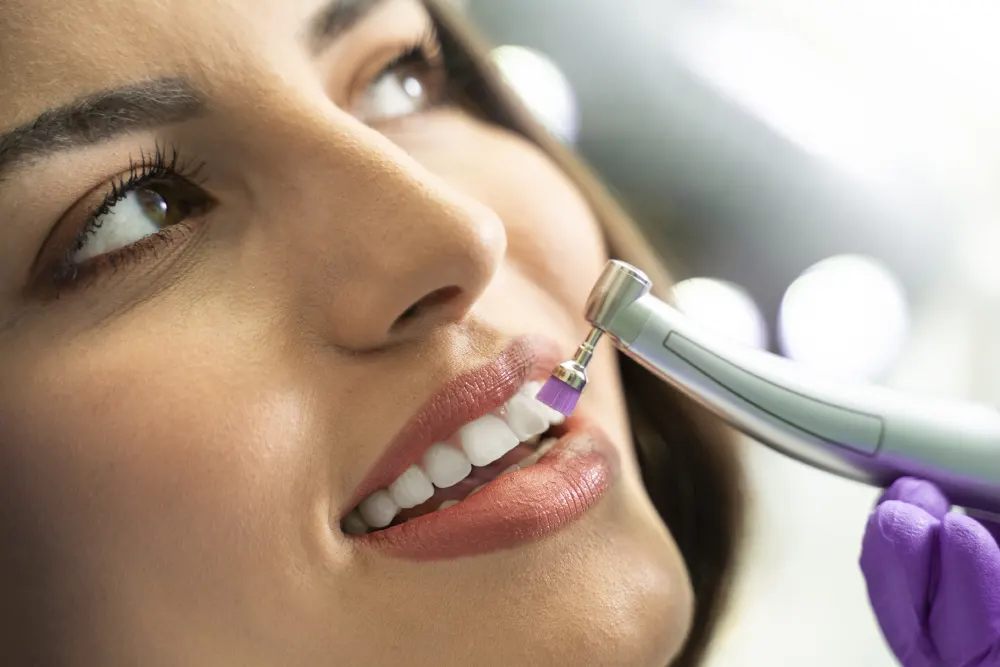Recent studies show that 29.1 million people living in the U.S have diabetes. That is about 9.3 % of the total population. There are also 1.7 million new cases with each passing year. To top it all off, 8.1 million people do not even know that they have diabetes.
Type 1 diabetes affects your body’s ability to process sugar. Your body transforms all the food you consume into sugar which provides all the energy your body needs. Once you get diabetes, your body stops making insulin, which is a hormone that is responsible for carrying sugar from your blood to your cells. Type II diabetes prevents your body from responding to insulin. In both types, your blood sugar levels shoot up which can cause problems in your kidneys, heart, eyes, and nerves.
Symptoms of Diabetes
You may have diabetes if you have frequent thirst, urination, hunger, fatigue, and irritability.
Diabetes can also affect your mouth, if left untreated, in the following ways;
- You may notice that your wounds don’t heal as fast as they should
- You may face trouble in tasting foods
- For children with diabetes, teeth may start to pop up earlier than normal.
- You would likely be more vulnerable to infections in your mouth
- You may feel the shortage of saliva in your mouth which will make your mouth feel dry.
- As saliva acts as a safeguard for your teeth, you could easily get cavities
- Your gums would start to bleed
Why People with Diabetes Are More Likely to Get Gum Disease
Every person’s mouth is home to tiny bacteria. It’s normal. If bacteria gets into your gums then it will leave you with periodontal disease which will destroy your gums, all the tissues holding your teeth and bones.
Periodontal disease is the most common dental disease affecting those who have diabetes. With increasing age, poor blood sugar control increases the risk of gum disease.
How Can Your Dentist Help Fight Gum Disease?
Regular dental visits are crucial for maintaining oral health. Dr. Farhat, our dentist, adds that treating gum disease can help diabetes patients maintain their blood sugar levels. Taking care of your oral hygiene and scheduling dental cleaning sessions with your dentist can contribute to lowering your HbA1c which tells you your blood sugar levels hence indicating whether your diabetes is under control.
That is why you should have a good dentist, because they can help treat your gum disease or help you in keeping your diabetes under control.
If you have diabetes or suspect that you may be developing gum disease, contact us at Dental One Care in Sterling Heights, MI. Our team will do everything we can to treat your gum disease and improve your oral health.





